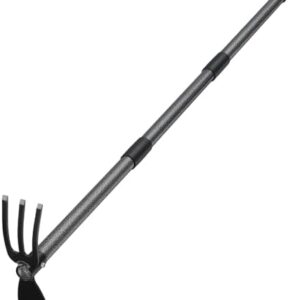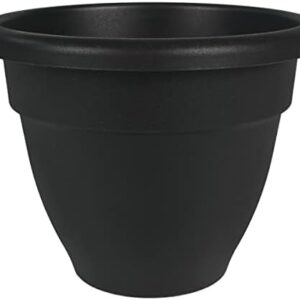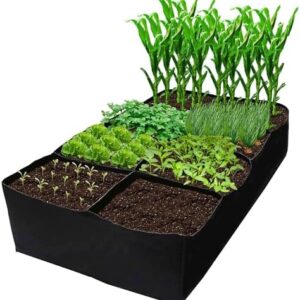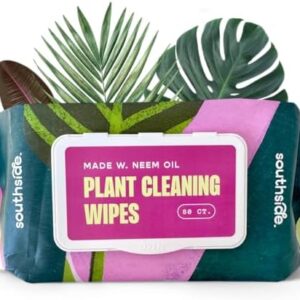Stepping into a garden filled with vibrant flowers and lush plants, you can’t help but be mesmerized by the sight of bees buzzing around, pollinating flowers and contributing to the beauty of nature. These tiny creatures play a crucial role in our ecosystem, helping to pollinate plants that produce the food we eat every day. However, bees and other pollinators are facing numerous threats, including habitat loss, pesticide use, and climate change. As gardeners and nature lovers, it’s important for us to do our part to support these essential creatures.
One way to support bees and other pollinators is to create a pollinator-friendly garden. By providing a habitat with a variety of flowers, nesting sites, and water sources, you can create an inviting environment for bees, butterflies, birds, and other pollinators to thrive. Here are some tips on how to support bees and other pollinators in your garden:
Choose native plants: Native plants are well-adapted to your local climate and soil conditions, making them a valuable food source for bees and other pollinators. By incorporating a mix of native plants in your garden, you can provide a diverse range of nectar and pollen sources throughout the growing season.
Plant a variety of flowers: Bees and other pollinators are attracted to a wide range of flower shapes, colors, and scents. Planting a mix of annuals, perennials, and native wildflowers will provide a continuous supply of nectar and pollen for pollinators to feed on. Some bee-friendly flowers include bee balm, coneflowers, black-eyed susans, and lavender.
Avoid pesticides: Pesticides can be harmful to bees and other pollinators, as well as other beneficial insects. Instead of using chemical pesticides, try using natural pest control methods such as handpicking pests, using insecticidal soap, or attracting predatory insects like ladybugs and lacewings to your garden.
Provide nesting sites: Bees and other pollinators need safe places to nest and lay their eggs. You can create nesting sites by leaving patches of bare, sandy soil for ground-nesting bees, or by installing bee hotels made of hollow bamboo canes or drilled blocks of wood for cavity-nesting bees. Providing nesting sites will encourage pollinators to take up residence in your garden.
Provide water sources: Pollinators need access to clean water for drinking and cooling off. You can create a simple water source by filling a shallow dish or bird bath with clean water and adding stones or twigs for pollinators to perch on. Make sure to refresh the water regularly to prevent mosquito breeding.
Support local beekeepers: Buying local honey from beekeepers supports their efforts to raise healthy bee populations and maintain bee-friendly habitats. By purchasing honey and other bee products from local beekeepers, you are helping to support sustainable beekeeping practices and protect pollinators in your community.
Educate others: Spread the word about the importance of bees and other pollinators to our food supply and ecosystem. Share your knowledge with friends, family, and neighbors, and encourage them to take steps to support pollinators in their own gardens. By raising awareness and advocating for pollinator protection, you can make a difference in the health and well-being of bees and other pollinators.
In conclusion, supporting bees and other pollinators in your garden is a simple yet powerful way to make a positive impact on our environment. By creating a pollinator-friendly garden, planting native flowers, avoiding pesticides, providing nesting sites and water sources, supporting local beekeepers, and educating others, you can help to ensure a healthy and diverse population of pollinators for years to come. Together, we can work towards a brighter future for bees and other vital pollinators that play a crucial role in sustaining life on our planet.






